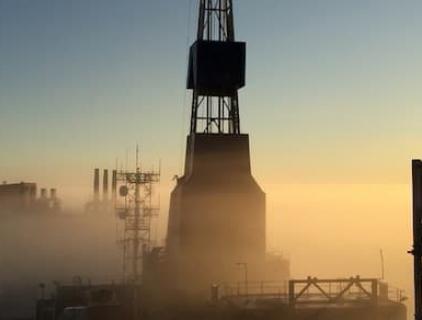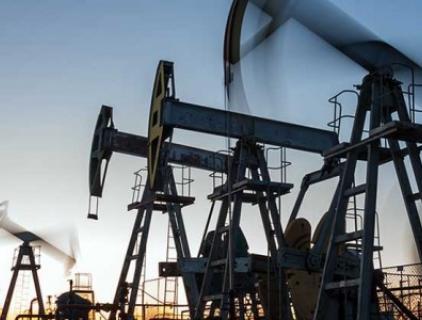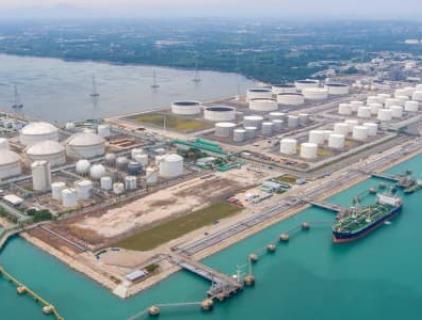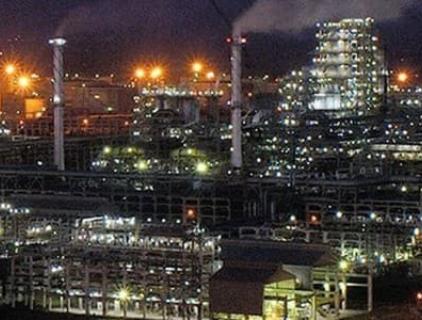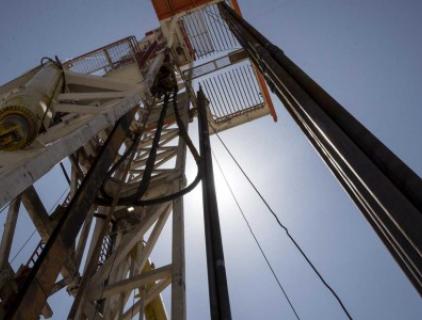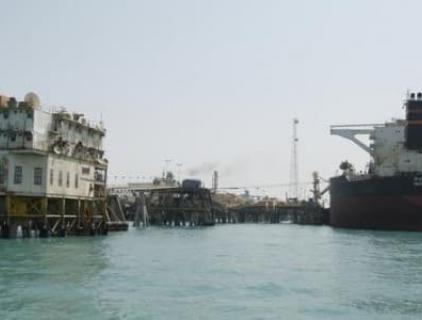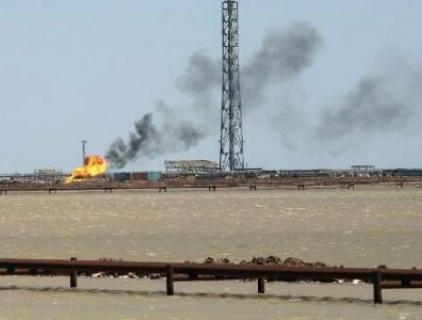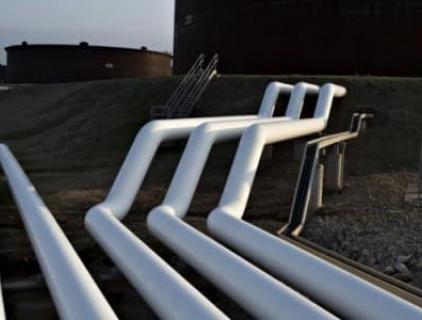Energy-oriented investors could not fail to have taken note of the decision that came down in the Dutch court against Shell, (NYSE:RDS.A), (NYSE:RDS.B), last week. This decision was the first time an energy giant had been held liable for emissions not directly tied to its internal activities. Basically it requires Shell to accelerate its planned carbon intensity reductions by 45% to include "Scope-3 emissions" by 2030. Some twenty years sooner than the time frame to which it has already committed publicly.
2021/06/09 17:52
Growing demand in Asia means that the age of oil isn’t over yet, although consumption in developed western economies has trended lower over the past decade, according to Karin Kneissl, a newly appointed director on the board of Russia’s oil giant Rosneft.
2021/06/08 17:09
Crude oil imports into China dropped by almost 15 percent annually last month. While substantial, the drop is no reason for worry because it was caused by refinery maintenance season. What could be a reason for worry are rising benchmark prices.
2021/06/08 17:01
West Texas Intermediate hit the highest since 2018 at the end of last week amid an increasingly favorable demand outlook.
2021/06/08 16:58
BlackRock, the world’s largest asset manager, will continue to work with oil and gas firms in order to help them through the energy transition, Reuters quoted chief executive Larry Fink as saying on Thursday.
2021/06/04 17:13
Big Oil has lately come under a plethora of attacks from all directions, ranging from uncooperative financiers and investors amidst a global shift to renewable energy to hostile governments and hardline climate activists. But not all oil and gas players will be on the losing end of those attacks.
2021/06/04 16:30
Crude oil prices strengthened further this week after OPEC+ signaled its growing optimism about the balance between demand and supply, and confirmed that it planned to continue increasing production.
2021/06/03 18:11
Oil demand is recovering faster than previously expected, and unless OPEC+ puts additional barrels on the market on top of the plans to restore 2 million barrels per day (bpd) by July, oil prices will be heading higher as the gap will widen, the Executive Director of the International Energy Agency, Fatih Birol, told Bloomberg Television in an interview on Tuesday.
2021/06/02 13:59
It’s a tough time being in the oil and gas business. Big Oil has lately come under a plethora of attacks from all directions, ranging from uncooperative financiers and investors amidst a global shift to renewable energy to hostile governments and hardline climate activists.
2021/06/02 11:55
Iran can boost its crude oil production to as much as 6.5 million barrels per day (bpd) when the U.S. sanctions on its oil industry are lifted, Iranian Oil Minister Bijan Zanganeh was quoted as saying on Monday.
2021/06/01 08:49
Back in April, we discussed the possibility of president Biden's administration reviving the 2015 nuclear deal with Iran and consequently lifting the country's oil sanctions. We surmised that whereas Iran rejoining the ranks of major oil exporters as early as 2021 after a three-year layoff was likely to cause quite a bit of trepidation in the jittery markets, such a move would not necessarily upset the delicate supply balance that OPEC+ has been trying to achieve.
2021/06/01 08:41
Environmentalists and shareholders concerned about the risks of investing in oil in the energy transition were not the only winners of last week’s historic rebukeof Big Oil by investors and society.
2021/06/01 08:35
Energy-oriented investors could not fail to have taken note of the decision that came down in the Dutch court against Shell, (NYSE:RDS.A), (NYSE:RDS.B), last week. This decision was the first time an energy giant had been held liable for emissions not directly tied to its internal activities. Basically it requires Shell to accelerate its planned carbon intensity reductions by 45% to include "Scope-3 emissions" by 2030. Some twenty years sooner than the time frame to which it has already committed publicly.
Growing demand in Asia means that the age of oil isn’t over yet, although consumption in developed western economies has trended lower over the past decade, according to Karin Kneissl, a newly appointed director on the board of Russia’s oil giant Rosneft.
Crude oil imports into China dropped by almost 15 percent annually last month. While substantial, the drop is no reason for worry because it was caused by refinery maintenance season. What could be a reason for worry are rising benchmark prices.
West Texas Intermediate hit the highest since 2018 at the end of last week amid an increasingly favorable demand outlook.
BlackRock, the world’s largest asset manager, will continue to work with oil and gas firms in order to help them through the energy transition, Reuters quoted chief executive Larry Fink as saying on Thursday.
Big Oil has lately come under a plethora of attacks from all directions, ranging from uncooperative financiers and investors amidst a global shift to renewable energy to hostile governments and hardline climate activists. But not all oil and gas players will be on the losing end of those attacks.
Crude oil prices strengthened further this week after OPEC+ signaled its growing optimism about the balance between demand and supply, and confirmed that it planned to continue increasing production.
Oil demand is recovering faster than previously expected, and unless OPEC+ puts additional barrels on the market on top of the plans to restore 2 million barrels per day (bpd) by July, oil prices will be heading higher as the gap will widen, the Executive Director of the International Energy Agency, Fatih Birol, told Bloomberg Television in an interview on Tuesday.
It’s a tough time being in the oil and gas business. Big Oil has lately come under a plethora of attacks from all directions, ranging from uncooperative financiers and investors amidst a global shift to renewable energy to hostile governments and hardline climate activists.
Iran can boost its crude oil production to as much as 6.5 million barrels per day (bpd) when the U.S. sanctions on its oil industry are lifted, Iranian Oil Minister Bijan Zanganeh was quoted as saying on Monday.
Back in April, we discussed the possibility of president Biden's administration reviving the 2015 nuclear deal with Iran and consequently lifting the country's oil sanctions. We surmised that whereas Iran rejoining the ranks of major oil exporters as early as 2021 after a three-year layoff was likely to cause quite a bit of trepidation in the jittery markets, such a move would not necessarily upset the delicate supply balance that OPEC+ has been trying to achieve.
Environmentalists and shareholders concerned about the risks of investing in oil in the energy transition were not the only winners of last week’s historic rebukeof Big Oil by investors and society.





